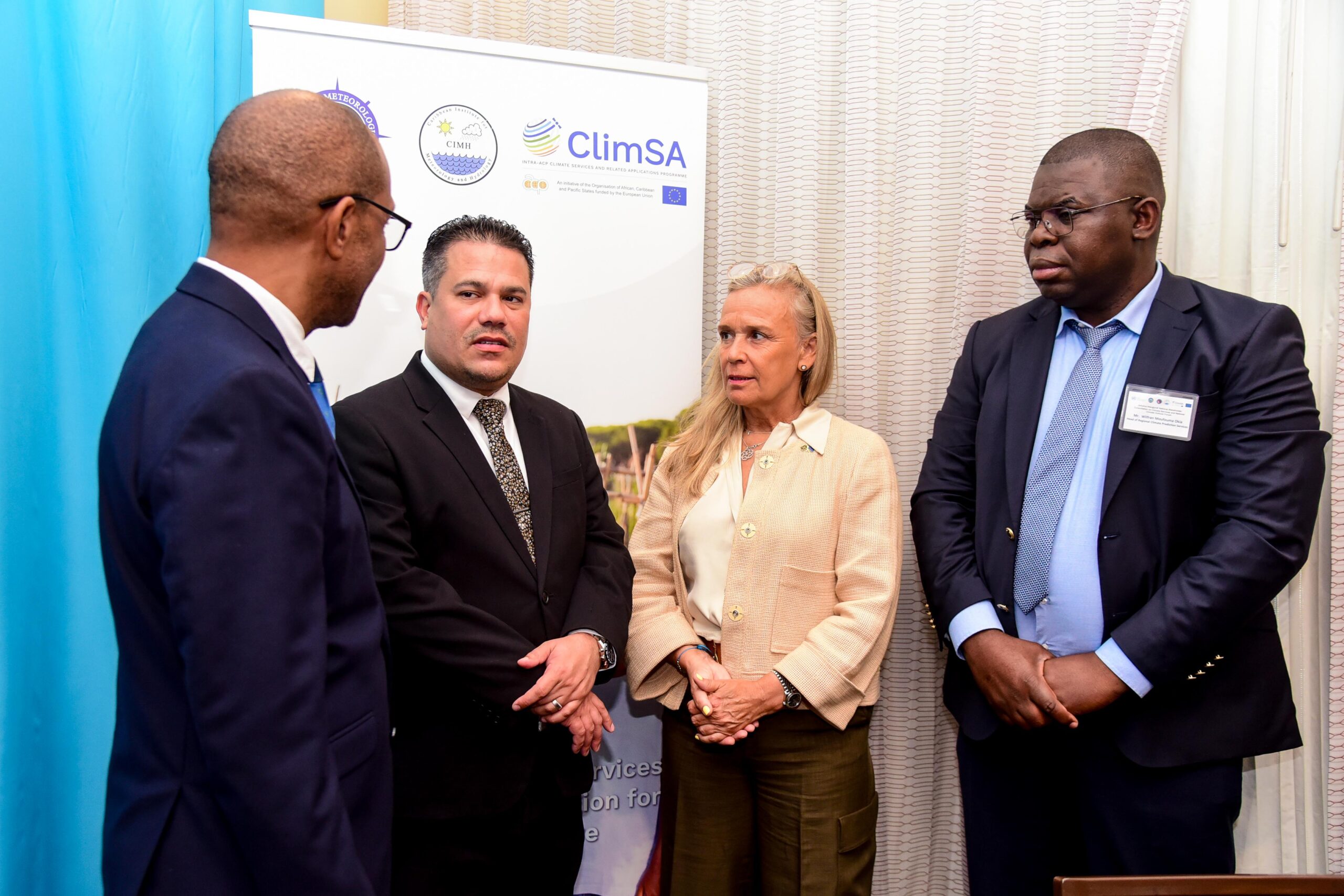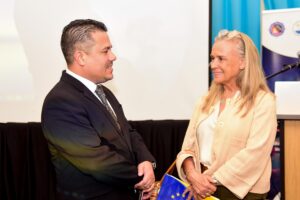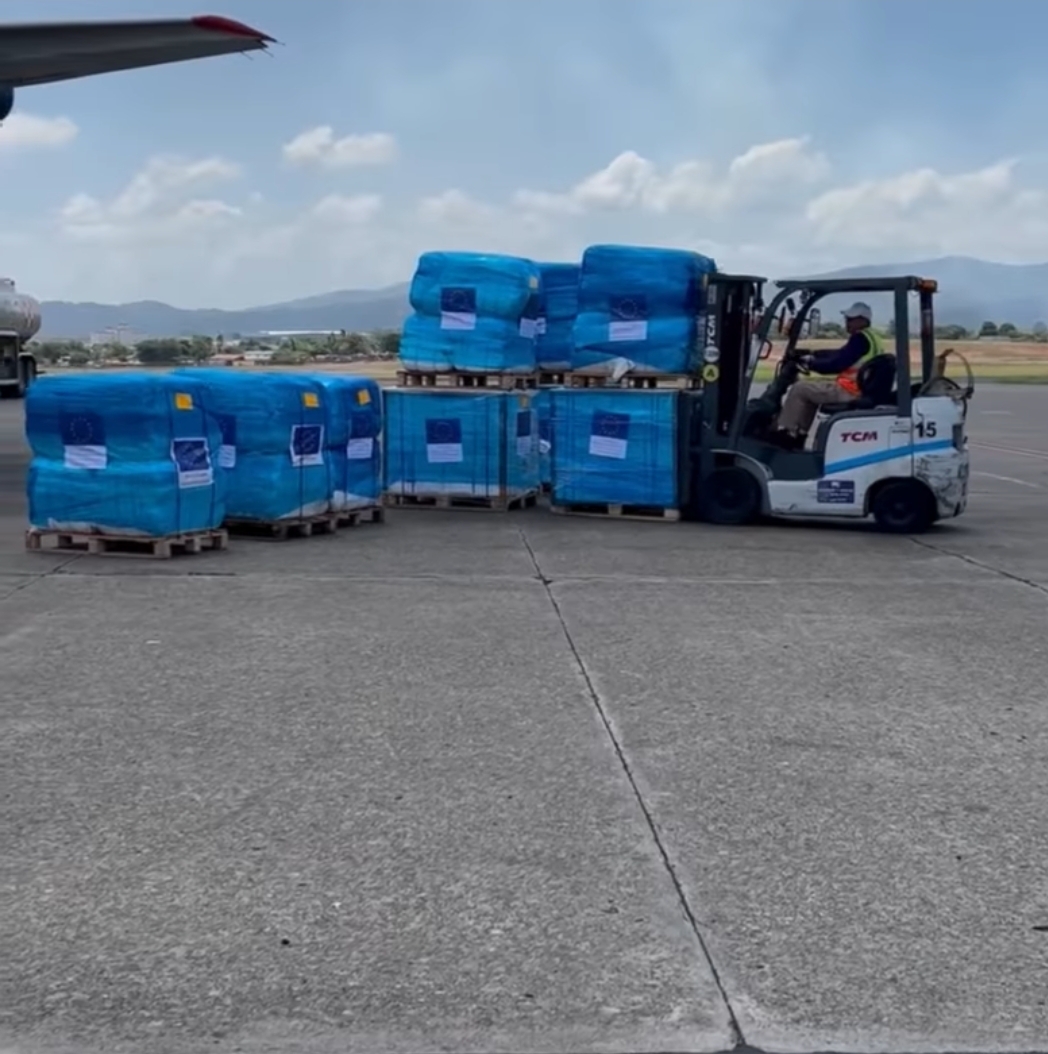Caribbean News
Saturday Earthquake in Jamaica; some feel the tremble
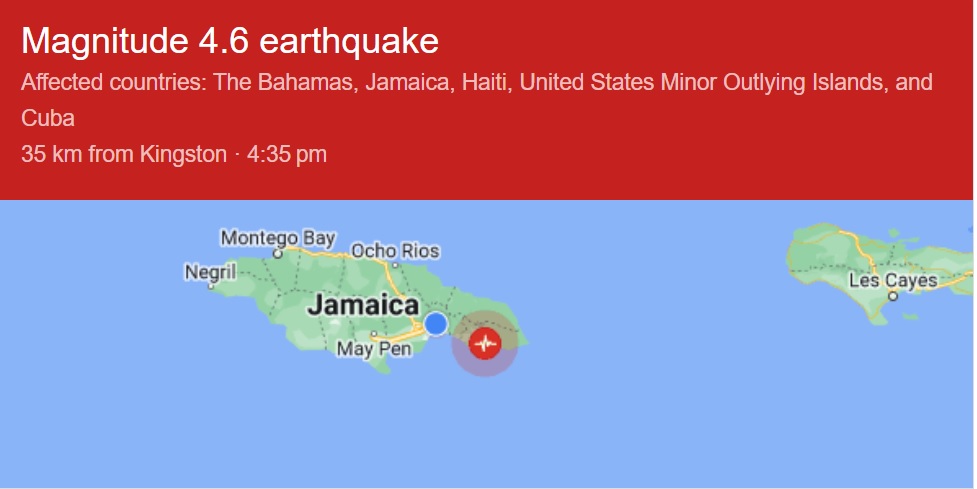
Caribbean News
STAKEHOLDER CONSULTATIONS EXPECTED TO ASSIST GOV’T PLANNING FOR CLIMATE CHANGE
Caribbean News
Haiti- ECHO humanitarian efforts
Caribbean News
Dominica repeals laws criminalizing gay sex
-

 TCI News1 week ago
TCI News1 week agoExperience Turks and Caicos and Ministry of Tourism explore development of Cruise industry at Seatrade Global Cruise Conference
-
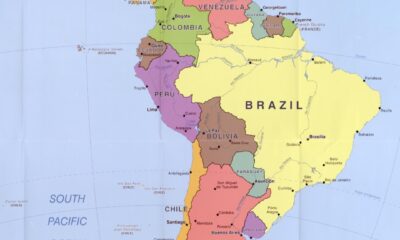
 Latin America and Caribbean1 week ago
Latin America and Caribbean1 week agoRegional SDGs Update
-

 Bahamas News1 week ago
Bahamas News1 week agoEnvironment State-Minister updates ‘Our Ocean’ forum on The Bahamas as SIDS leader in sustainable tourism
-
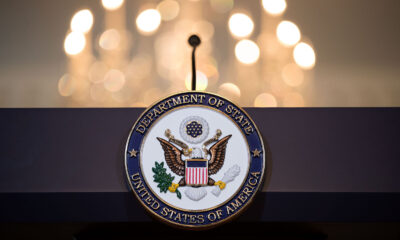
 Crime1 week ago
Crime1 week agoFollowing Court ruling, US Embassy Doubles Down on Warning: DO NOT TRAVEL TO TCI WITH GUNS, AMMO
-
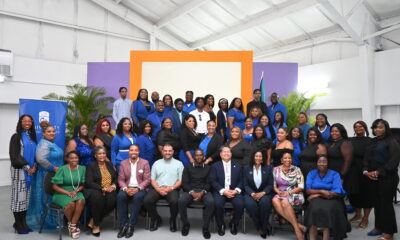
 Bahamas News6 days ago
Bahamas News6 days agoPacesetting Cohort of Eleuthera Residents Graduate from Leading Light Programme
-

 Caribbean News1 week ago
Caribbean News1 week agoU.S. VIRGIN ISLANDS SHINES AS A PREMIER DESTINATION AT THE 2024 SEATRADE CRUISE GLOBAL CONFERENCE
-
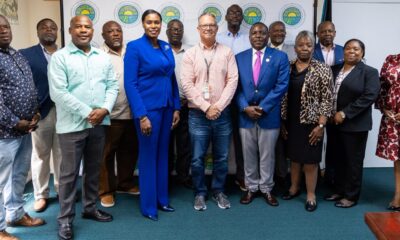
 Bahamas News6 days ago
Bahamas News6 days agoNassau Cruise Port Donates Nearly $2 Million Towards Food Security
-

 Caribbean News1 week ago
Caribbean News1 week agoRBC appoints new Head of Caribbean Banking




